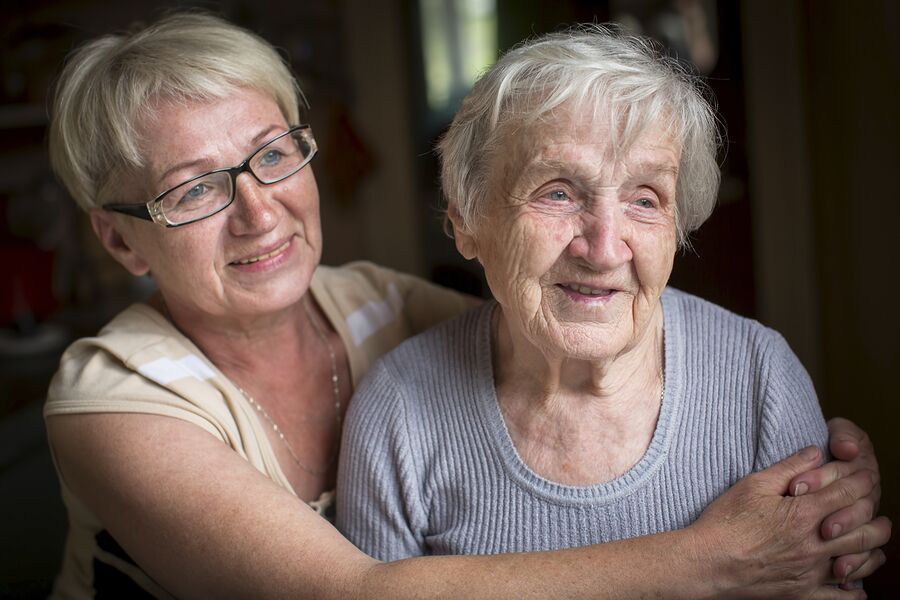Dementia brings with it a lot of bad news for you and for your senior. One problem that shows up as the disease progresses is challenging behaviors. This can mean that your senior starts to wander, becomes loud or aggressive, or engages in other odd behaviors.

Pay Attention to What Happens Before the Behavior
The behavior is what you see most often. It’s usually disruptive or scary for you, so that’s where your notice starts. But there are things happening before the behavior begins that are related. If you’re missing those, you don’t have all the information you need. It’s really important to start being as aware as possible about what’s going on. Think back whenever you can to what happened right before the behaviors start.
Other Triggers Are Possible, Too
Something else to consider is that there are lots of types of triggers for these types of behaviors. Your senior might also be afraid of some locations, like the doctor’s office. Or some people might be a little scarier for her or remind her of someone else, which can lead to challenging behaviors. If you’re noticing that your senior is experiencing these challenging behaviors and you’re not able to notice what happened before the behavior, there may be a situational trigger at play.
Basic Needs Are a Common Trigger
An easy trigger to overlook is basic needs. If your senior needs the bathroom and doesn’t remember where it is in a known location, she may act out. Likewise, she might need the bathroom in a new location and become equally frustrated. Try to work through the list of basic needs, like hunger, thirst, the bathroom, and more. If you’re still not able to find the cause of the behavior, there may be something else going on.
Get Help from Her Doctor
Make sure that you talk to your senior’s doctor about what you’re experiencing. There may be some common threads that you don’t know to put together that her doctor can explain to you. Your senior’s doctor can also rule out other potential causes, like a urinary tract infection or other problems that can be easily treated.
It’s really difficult sometimes for caregivers to remember that these aren’t personal attacks. Your senior’s brain doesn’t work the same way that it used to work and that’s causing these behavioral changes. Try to take a deep breath and remember what you learn along the way.
If you or an aging loved-one are considering hiring Home Care in Litchfield Park, AZ, please contact the caring staff at Home Care Resources at (602) 443-4700
- Helping Your Elderly Loved One Maintain Healthy Vision - April 24, 2025
- Spinal Stenosis Symptoms - April 10, 2025
- Signs Your Senior Parent Needs Help With Personal Care - March 20, 2025




